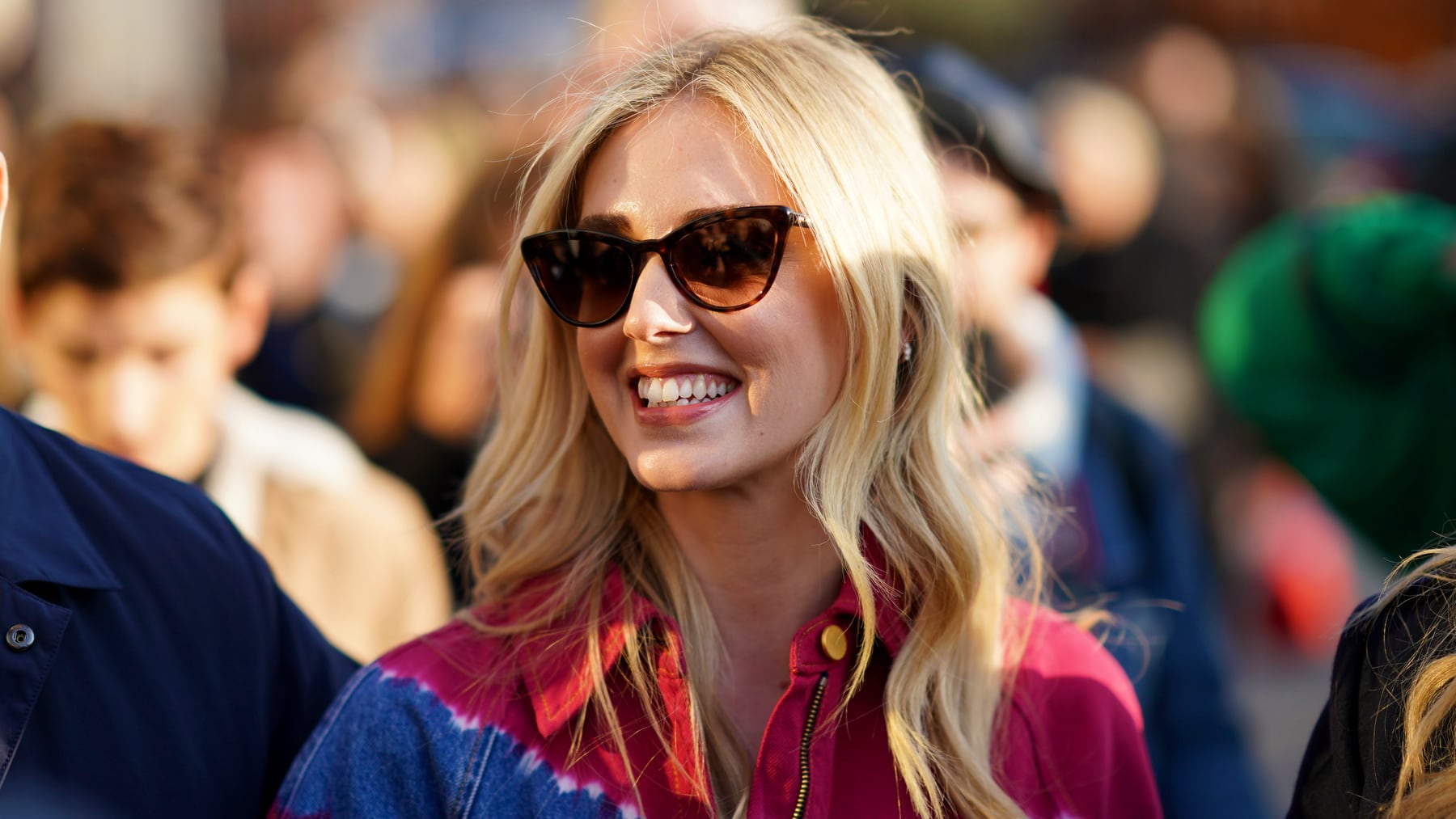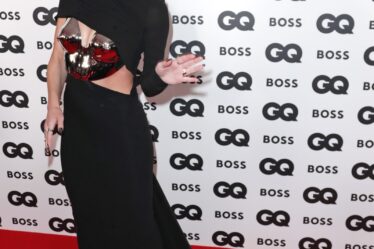
A year before the pandemic, Brunello Cucinelli, the “quiet luxury” baron who lives in a hilltop town in Umbria, told me he believed that soon, “privacy will be the new luxury.” Living under lockdown seemed to put pay to that prediction, as many people found being forced to isolate anything but luxurious. But Cucinelli’s argument came back to me as a business crisis entirely of her own making hit another star of the Italian luxury firmament, the uber-influencer Chiara Ferragni.
Ferragni is the populist anti-hero of Cucinelli’s philosophy. She has harvested 30 million followers on Meta Platforms Inc.’s Instagram and made herself a multimillionaire by entirely eschewing privacy.
For more than a decade, she has incessantly photographed herself in various stages of dress and undress — along with her husband, her mother, her sisters and, more recently, her two small children. From the humble beginnings of taking selfies outside Milan runway shows to which she wasn’t invited, she now has contracts with the same consumer brands that once barred her. She runs her own clothing line and digital marketing agency, and sits on the board of the leather goods group Tod’s SpA. And there’s the Amazon Prime series about her, adding to the meta absurdity of it all. She describes herself this way on her marketing agency’s website: “Chiara Ferragni is one of the most influential figures in the Italian fashion, media and business worlds and every day she uses her influence to make the world a better place.”
Predictably, the hubris has come back to bite. In the past month, Ferragni has been fined €1 million ($1.1 million) for having falsely claimed on her social media accounts that proceeds of the sale of a pandoro Christmas cake branded with her name would help a Turin hospital for sick children. It didn’t. A donation had been made upfront prior to the promotion, but the sales had no impact on the size of the gift. The company behind the Christmas cake promotion, Balocco, was also fined for unfair commercial practice. Ferragni for her part allegedly received €1 million for the promotion.
Besides the fine, Milan’s prosecutors office this week has started investigating Ferragni for serious fraud. A slew of consumer associations have opened cases against her, Coca-Cola has shelved an ad campaign she was due to front, and Safilo, the world’s No. 2 eyewear group, has dumped her. Even Prime Minister Giorgia Meloni took a swipe at Ferragni, saying the people who made pandoro had more value than those who promoted it.
In response to the opening of the fraud probe, Ferragni said she had full confidence in the judiciary with whom she was collaborating with their investigations. “I’m serene because I have always acted in good faith,” she said. Ferragni hasn’t posted on her Instagram since Dec. 18, when she made a defensive mea culpa and lashed out at the fine. It’s her longest online silence since she started out.
Though Ferragni’s fall can be seen as an isolated blow to the estimated $250 billion influencer industry, it could also be a broader warning of shifting winds. Italy also has a reputation for having been at the vanguard of telegraphing a change in the zeitgeist for tech and fashion. The Italian regulator AGCM, which fined Ferragni, issued a record fine against Apple Inc. and Amazon in 2021 for alleged competition violations. The fine has since been rolled back by a higher court, but it still coincided with the beginnings of a turn in public and regulatory opinion against the tech giants’ dominance.
Stefania Saviolo, professor at Milan’s Bocconi University and expert on the fashion industry, recently told me signs indicate the age of the fashion influencer has peaked. Rising inequality has meant influencers’ picture-perfect lifestyles are starting to grate. It’s also becoming clearer to consumers that influencers aren’t just random individuals who did well for themselves but savvy marketers and businesspeople.
I spent a couple of hours with Ferragni five years ago, when she had half the number of followers she has now but was diligent in maintaining her image. She repeatedly replied to questions about her motivation for opening up her entire life to the camera with the inane non sequitur, “sharing is caring.” When the photographer arrived, Ferragni was transformed and animated as if life only had value if it were captured in pictures. Which, for Ferragni’s business model, was, of course, true.
But the pandoro debacle — and Ferragni’s response that the punishment was excessive considering she was only trying to help people — has disfigured her manicured image. As the mask slipped, she hired the prestige Milanese law firm Gianni Origoni and a suite of spin doctors who usually work for scandal-hit Italian blue chips to resolve a very traditional corporate-image crisis.
The media head of one of Italy’s largest luxury brands tells me the pendulum is swinging elsewhere too. Traditional media is coming back into vogue for the fashion brands. That means less money being sprayed around startup media brands and influencers. And there’s another threat on the horizon: artificial intelligence. Virtual and AI influencers, with names such as Noonoouri, Ayayi and Kuki, have already been used by brands including LVMH’s Louis Vuitton and Hennes & Mauritz AB.
Maybe Ferragni is starting to see the value of a bit more privacy for herself — even the sanctuary of an Umbrian hilltop.
By Rachel Sanderson



